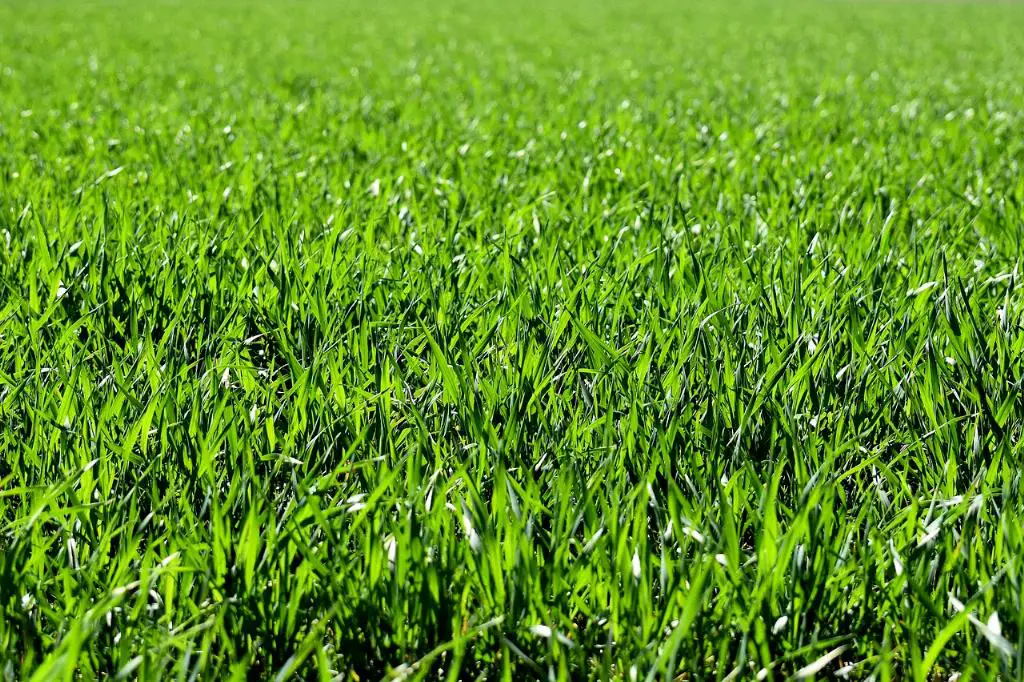When it comes to maintaining a lush and healthy lawn, proper watering is key. Many homeowners are often unsure about how frequently they should water their lawns to ensure optimal growth and health. One common question that arises is whether watering the lawn every day is necessary. Let’s delve into this topic and explore the factors that determine the ideal watering schedule for your lawn.
Understanding the Watering Needs of Your Lawn
It’s important to understand that overwatering or underwatering your lawn can have negative consequences for its overall health. While water is essential for the growth of grass and plants, excessive or insufficient watering can lead to issues such as root rot, fungal diseases, and wilting. Therefore, finding the right balance in your lawn watering routine is crucial.
The General Guidelines for Lawn Watering
Experts generally recommend watering your lawn every other day to promote healthy growth and prevent water wastage. By following this schedule, you can ensure that your lawn receives an adequate amount of moisture without drowning the roots or causing water runoff. This translates to watering your lawn approximately three times a week in most cases.
Considering Weather Conditions
It’s essential to take into account the weather conditions in your area when establishing a watering schedule for your lawn. If your region experiences frequent rainfall, you may not need to water your lawn as often. On days when your yard has received a significant amount of rain, you can skip watering to avoid oversaturation of the soil.
Assessing Soil Moisture Levels
One effective way to determine whether your lawn needs watering is by assessing the moisture levels in the soil. You can use simple techniques such as inserting a screwdriver into the ground to a depth of six inches. If the soil feels moist, it indicates that your lawn doesn’t require immediate watering. However, if the soil is dry, it’s a sign that your lawn needs hydration.
Observing the Signs of Overwatering
Overwatering your lawn can lead to a host of problems, including the development of fungal diseases and waterlogged soil. It’s crucial to pay attention to signs such as wilting, yellowing of grass blades, and the presence of puddles on the lawn surface. If you notice these indicators, it’s essential to adjust your watering schedule to prevent further damage.
The Benefits of Deep Watering
Instead of watering your lawn lightly every day, consider implementing a deep watering strategy. Deep watering involves providing a thorough soak to the soil, allowing the moisture to penetrate deep into the roots of the grass. This method promotes the development of strong and healthy roots, making your lawn more resilient to drought conditions.
Utilizing Watering Techniques
When watering your lawn, it’s essential to use proper techniques to ensure that the water is distributed evenly across the entire area. Consider using sprinklers or soaker hoses to cover large sections of the lawn efficiently. Additionally, watering in the early morning or late evening can help minimize water evaporation and maximize absorption by the soil.
Implementing Smart Watering Practices
To optimize your lawn watering routine, consider adopting smart practices such as adjusting the sprinkler heads to prevent water waste, using rain barrels to collect rainwater for irrigation, and incorporating moisture-retaining mulch around plants. These strategies can help conserve water and promote the health of your lawn.
Consulting with Lawn Care Professionals
If you’re unsure about how to establish an effective watering schedule for your lawn, don’t hesitate to seek advice from lawn care professionals. These experts can assess the specific needs of your lawn, recommend appropriate watering practices, and provide guidance on maintaining a green and vibrant lawn throughout the year.

Conclusion
In conclusion, while watering your lawn every day may seem like a proactive approach, it’s not always necessary and can actually be detrimental to the health of your lawn. By following the general guideline of watering your lawn every other day, taking into consideration weather conditions, and utilizing smart watering practices, you can maintain a thriving and beautiful lawn. Remember to observe the signs of overwatering, assess soil moisture levels, and adjust your watering schedule as needed to ensure the optimal growth of your grass and plants.
